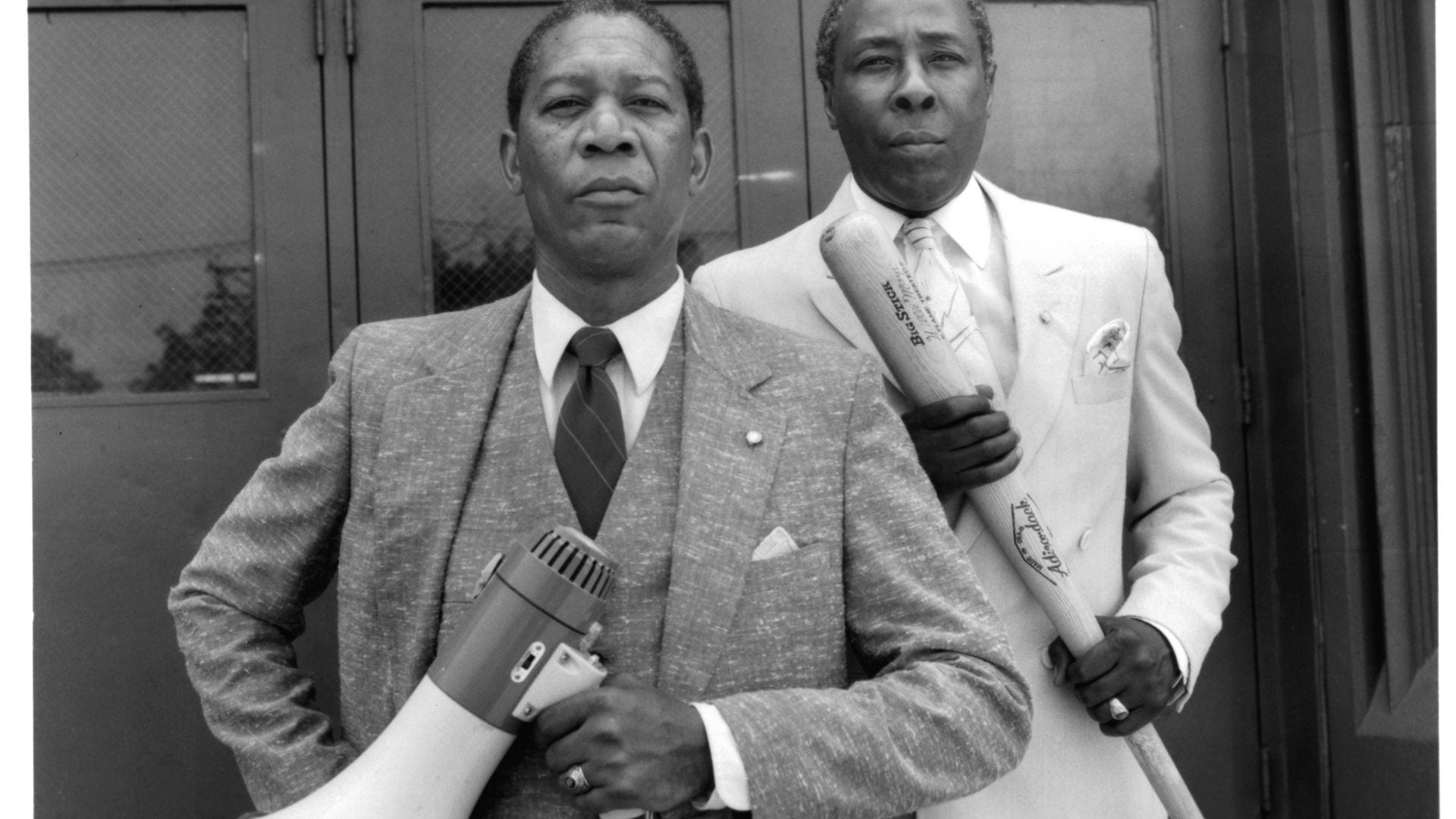
I can remember begging my Mom as a child for a new toy, imploring that she simply “had to get it for me.” Her response: “I don’t have to do nothing but stay Black and die.”
Years later, I would learn that she did not in fact come up with this pithy turn of phrase. It has been around for decades with many scholars attributing its first appearance to a Langston Hughes poem entitled “Necessity.”
“I don’t have to do nothing / but eat, drink, stay black, and die,” Hughes wrote.
In Lean on Me, Joe Clark, famously played by Morgan Freeman, paraphrased Hughes, telling the mayor, “I don’t have to do nothing but stay Black and die!
The phrase seems ubiquitous—according to The Root, “Billie Holiday even uttered it during her first encounter with Maya Angelou.”
But what does it actually mean to “stay Black and die,” especially in the context of being a Black woman?
As Forbes reports, “[t]he need to succeed is a natural human desire, yet for Black women, our success is beyond simple bragging rights or a pat on the back. Our success represents something bigger than our own personal victory. This concept can serve as a motivator but it also presents an added pressure. Often when presented with a major opportunity we feel we can’t afford to fail.”
According to the 2020 Women’s Report, “The rise of the black woman: Celebrating Black women’s excellence,” critics imply that constantly striving for Black excellence “overemphasise[s] the strengths ofBlack women and preach[es] an unreachable level of womanhood — which will become expected — a level that denies Black women permission to be human.”
One solution to embracing this expression comes from Tricia Hersey, founder of The Nap Ministry, who says that “rest is a form of radical resistance.”
By that logic, it follows that resting, in the form of discarding the mantle of constantly striving to achieve greatness, and simply existing might also be a form of resistance. Being unapologetically Black in a white space is a way of “staying Black” and living.
Therefore, this Black History Month, Black women need to make sure that we all take a moment to lean into the oft-touted phrase, because in the world we live in, being Black can, is, and should be enough.